Eric Ypma, a tireless researcher of government finances, has once again turned his attention to the asylum section of the Budget Memorandum, raising a critical question: What happens to our tax money? His latest findings shed light on a troubling demographic trend, one that many are hesitant to discuss openly. Ypma claims, “Replacement of the population may not be a government conspiracy, but it is policy.” The figures back him up, painting a stark picture of the future for the Netherlands.
The Forbidden Words: Omvolking and Asielcrisis
In the discussion of immigration and asylum, two words have been effectively blacklisted by both public opinion and the EU: omvolking (population replacement) and asielcrisis (asylum crisis). Even text programs like Word flag these terms, marking them as incorrect, which speaks volumes about how sensitive and suppressed this conversation has become. Yet, these two terms are central to understanding the current immigration debate, particularly in light of the latest figures from the Dutch government.
The Demographic Decline: CBS Figures Tell the Story
According to CBS data, the number of people born in the Netherlands with Dutch origins is declining across all projections. This is not just a temporary dip but a sustained demographic shift. The influx of both legal and illegal immigrants is reshaping the population.
As of mid-2024, approximately 69,500 people were housed in asylum reception centers across the Netherlands. The majority hailed from Syria (40%), with notable numbers from Turkey, Iraq, Eritrea, and Yemen. These asylum seekers share common traits: reliance on welfare, low educational attainment, significant cultural and social differences from the Dutch populace, and an alarming statistic—they are 3.5 times more likely to be suspected of criminal activity than native Dutch citizens. Many come from Muslim-majority countries, further complicating integration into Dutch society.
Illegal Immigration: The Silent Crisis
Estimates place the number of illegal immigrants in the Netherlands at around 97,145, with some calculations suggesting numbers as high as 133,000. This is part of a broader European problem. In 2023, a staggering 380,000 people illegally entered the EU, marking the highest level since the 2016 refugee crisis. Despite the EU’s assurances, control over immigration remains elusive, with its porous borders turning Europe into a magnet for illegal migrants.
This isn’t just a crisis of numbers; it’s a crisis of sovereignty.
The Dutch government’s portrayal of the issue trivializes the magnitude of the situation. According to official statements, a “relatively small share” of the immigration wave is asylum-related. But if that were true, why do we see overrun asylum centers, waiting lists of 40,000 for housing, and entire communities struggling to cope with the influx?
The Marrakesh Pact: A Quiet Policy Shift
In 2018, the Netherlands signed the Marrakesh Pact, a UN agreement that promotes the benefits of migration and encourages the media to portray migration in a positive light. Critics, including Geert Wilders and the PVV, have drawn attention to this pact as a key example of how population replacement is not just happening but is being facilitated through policy. Wilders and others have been labeled extremists for using terms like “replacement migration,” but the figures don’t lie.
NO #Marrakesh Pact!
— Amy Mek (@AmyMek) November 15, 2018
UN's “Global Compact for Migration”, dubbed the Marrakech agreement, claims migration is a “human right”
Geert Wilders & his Party for Freedom do not believe illegals have a "human right" to invade their country
Trump has already rejected the Marrakesh Pact pic.twitter.com/EXtyYr41cS
The CBS predicts that by 2050, the number of residents born outside the Netherlands could almost double, rising from 2.8 million in 2023 to as much as 5.5 million. Even in scenarios with lower migration, the population of foreign-born residents will continue to grow while the number of native-born Dutch citizens shrinks.
By 2050, as much as 26% of the Dutch population could be foreign-born, and by 2035, one in three residents is expected to have an origin outside of the Netherlands. These projections aren’t speculative; they are based on current trends, which continue unabated.
A Deliberate Policy of Demographic Change
The numbers tell a story of a country undergoing dramatic demographic change. As Ypma points out, “Population replacement may not be a government conspiracy, but it is policy.” While political leaders downplay the issue, the reality is evident in every city and town. The government’s policies, including the signing of the Marrakesh Pact, have paved the way for this population transformation. Even if leaders like Minister Faber distance themselves from terms like asielcrisis and population replacement, the facts remain.
The Economic and Social Costs
The impact of this demographic shift extends far beyond cultural or social issues—it directly affects the country’s economy and welfare state. The cost of supporting asylum seekers is immense, with asylum-related expenses set to reach 19.1 billion euros by 2025. The government’s budget reveals a chaotic approach to handling immigration costs, with responsibilities being shuffled between ministries but no real solution in sight. In 2025, the newly created Ministry of Asylum and Migration will take over responsibilities from the Ministry of Justice and Security, though civic integration and naturalization will remain split between ministries.
Criminal statistics also paint a grim picture. Of all criminal suspects in 2023, 34.4% were born outside the Netherlands. This staggering figure reflects the strain that uncontrolled immigration places on law enforcement and social services. It’s worth noting that this figure excludes second-generation immigrants and “half-paper Dutch” citizens, meaning the actual impact could be even greater.
The Bigger Picture: A European Problem
The Netherlands is not alone in this struggle. Across Western Europe, countries like France, Germany, Belgium, and Sweden face similar challenges. In England’s largest cities, whites are already a minority, with only 36.8% of Londoners and 43% of Birmingham residents identifying as white.
It is estimated that by 2044, whites will be a minority in the United States as well—a fate that appears inevitable for the Netherlands.
A Policy of Population Replacement
The demographic shifts outlined by CBS and government statistics paint a picture of a deliberate policy of population replacement. This is not an alarmist view but a reflection of reality. As Euripides once said, “He who does not dare to express his free thoughts is a slave.” For those paying attention, the figures leave no room for denial. Like much of Europe, the Netherlands is undergoing a transformation reshaping its cultural and social fabric—and it’s time to face that reality.
If only more attention had been paid to the prescient warning in De Dijk’s 1985 song: “They came in without knocking.” Today, it seems, anyone can walk into the Netherlands without presenting their credentials, turning what was once a home into little more than an inn. This echoes the timeless words of Julien Benda, who said, “When a house is open to anyone who passes by, it is no longer a home but an inn.”
Source: NieuwRechts

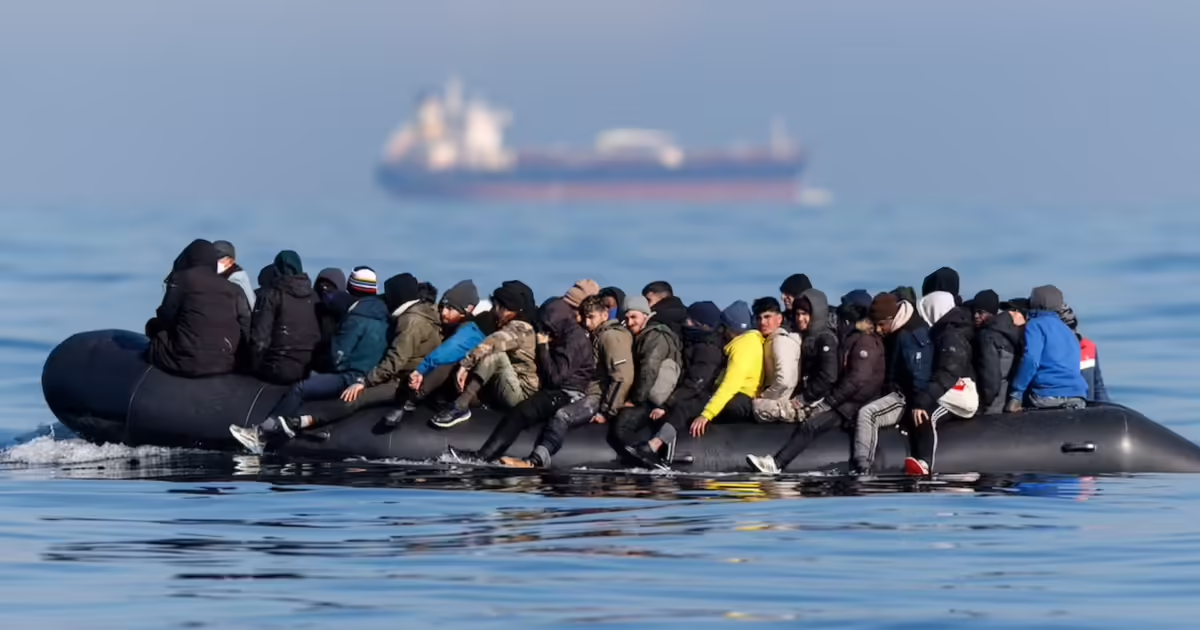




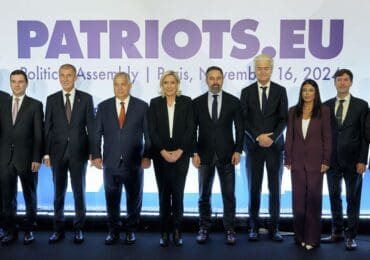


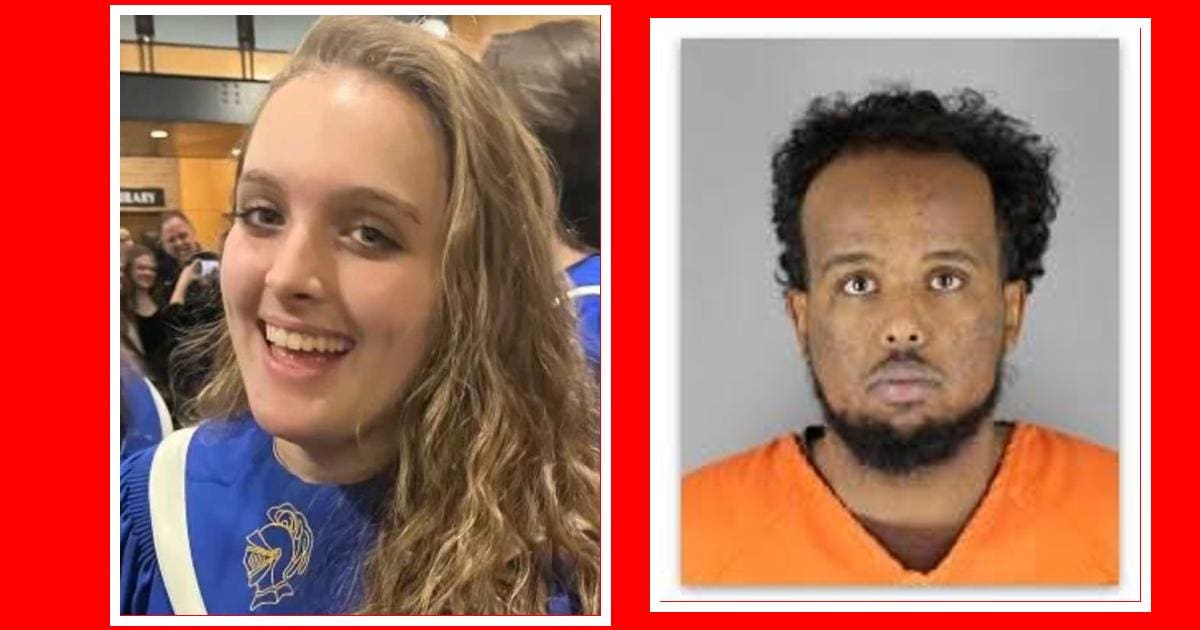

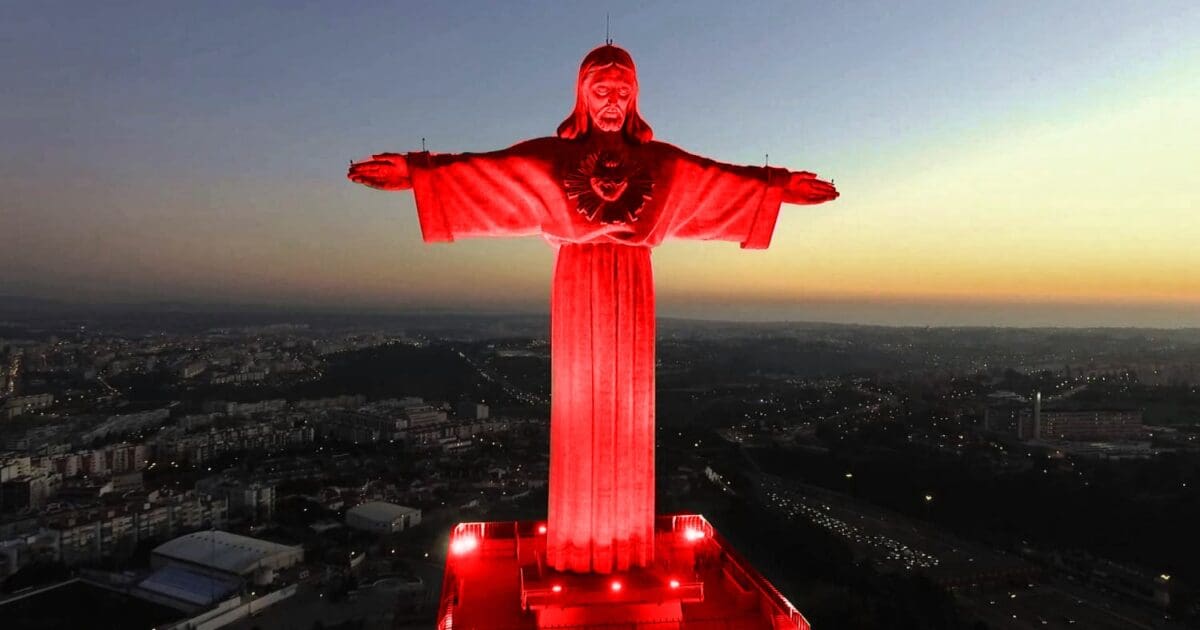

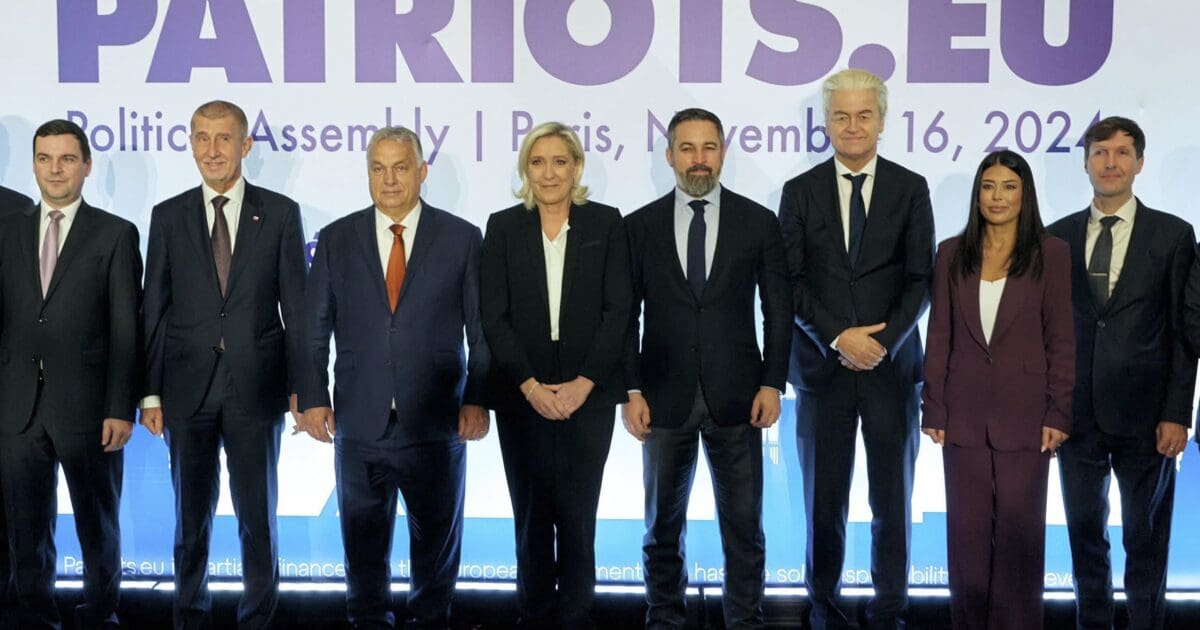
A few informative videos from a young Dutchman https://linkmix.co/26547987
Just don’t mate with them. Have kids with our own kind and you won’t disappear.
The Dutch are not of your kind.
That’s right: Dutch only with Dutch, Americans only with Americans, Brits only with Brits, etc. We are all different people, also racially speaking, because God wants it that way. Yes, also within the white race.